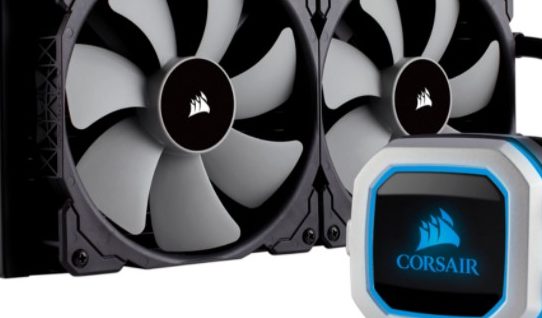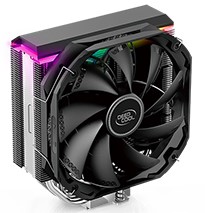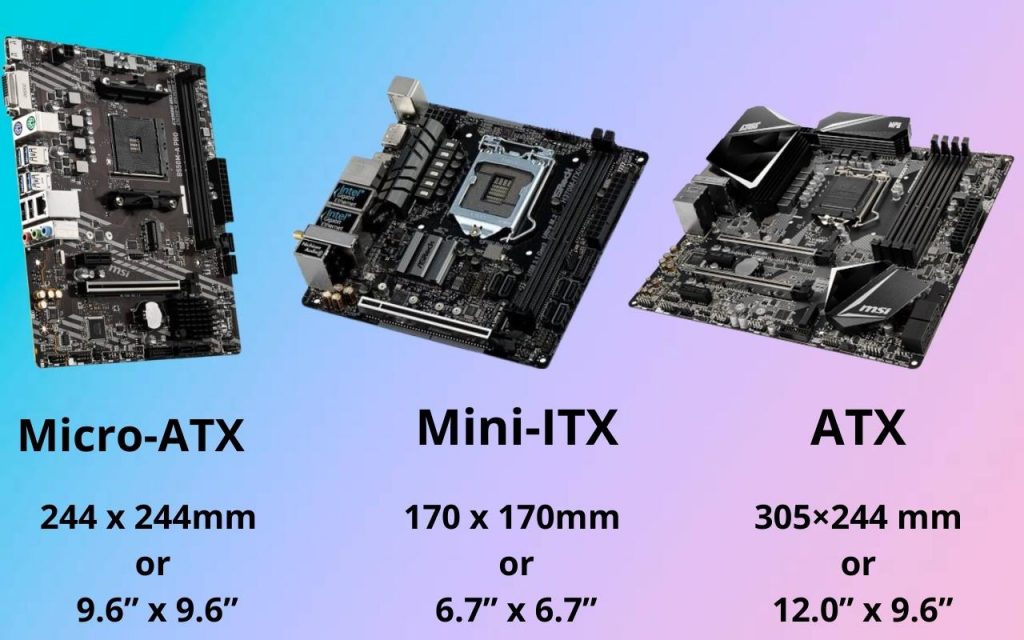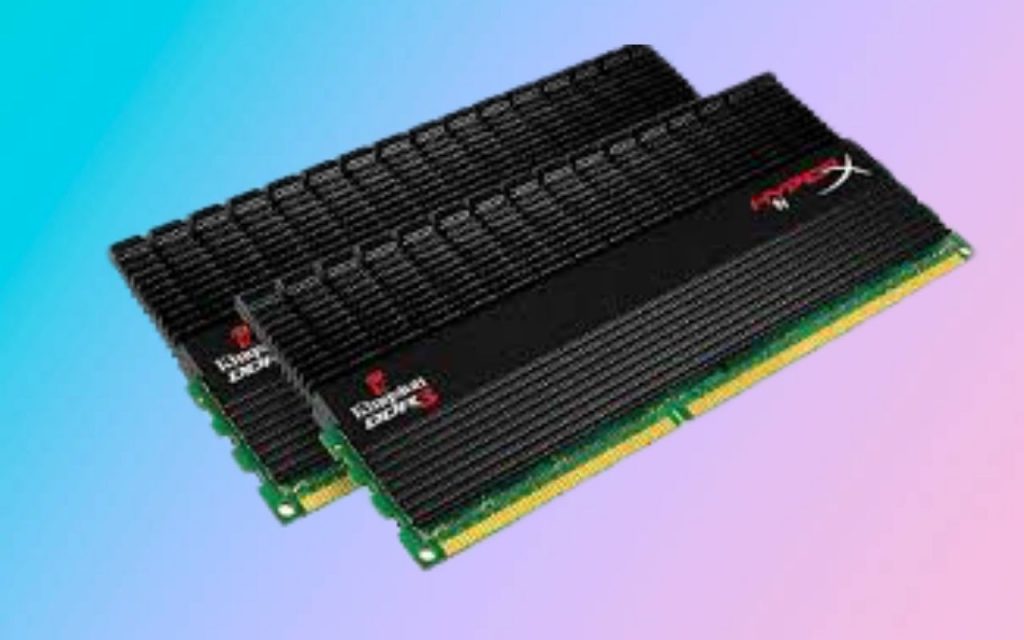For anyone who has had any experience building a gaming PC, be it for yourself or for a friend or an acquaintance, it is safe to say that you have encountered the part where you had to pick the right cooler to ensure that the system or the CPU, to be specific, is adequately cooled.
Gone are the days when you would just unbox the CPU, slap on the stock cooler and call it a day. Stock coolers are becoming more and more obsolete and are nearing the end of their life and custom coolers or 3rd party coolers are all the rage.
A good cooler is important for you; whether you are looking to play your favorite game at max settings, render your videos, or do some intensive number crunching, keeping your CPU cool is very important or the heat could shorten the lifespan and in extreme situations, can even kill the CPU.
Now, coolers are available in two common forms; you can either go for liquid coolers or you can go for an air cooler. The liquid cooling vs air cooling is a debate that has been longer than one might think and today, we are here to look at how to solve the situation and finally find the right answer. Well… hopefully!
Table of Contents
Liquid Cooling vs Air Cooling – Breaking it Down
Okay, now that we are done with the introduction, the next few sections are dedicated to each cooling; we are also going to be discussing the pros and cons of each cooling type as well as some of the other factors that are important to know about whenever you are thinking about buying one of the cooler types.
Don’t worry, feeling overwhelmed is okay, I was in the same spot when I was trying to find the right cooler for my CPU but after a while, it becomes a lot easier.
What is Liquid Cooling?

It is safe to say that from the two cooling options, liquid cooling is the flashier one. If you are looking to get the temperatures in check, though, don’t worry as liquid cooling still offers excellent performance and that is combined with some amazing visual appeal that standard cooling options cannot really match.
For those wondering, when you are talking about liquid cooling, a liquid (normally water) transfers the heat away from the components and is generally better at managing heat than just air.
Liquid coolers are available in a couple of variations with all in one liquid coolers being more common. In this systems, all the parts that you do need for your cooling are already assembled and ready to install. Just screw them to your computer and you are good to go.
Alternatively, you also have access to custom liquid cooling loops. However, as the name would suggest, custom cooling loops require you to buy the parts separately and then assemble them. The benefit? Well, you get better cooling performance in some cases, and the visual appeal is just out of the place. However, for those who are just starting out, a custom liquid cooling loop is more expensive, and is riskier to assemble it, as well. Therefore, it is better to stay with all in one solutions if you are just starting out.
How Does Liquid Cooling Work?
Understanding how liquid cooling works is rather easy, to be honest. It actually works a lot like how a radiator in a car or in your home works. These cooling systems circulate liquid through water blocks which are on the top of the CPU that they are cooling. The cooler liquid circulating through the water block manages to pool the heat away from the chip, which results in the chip being cooled.
However, the thermal plate and baseplate rest between the water block and the CPU to help improve the overall heat transfer properties. The heated fluid is then pumped to the radiator where the fan exposes it to cold air and once it is cool again, it returns to the water block and the cycle repeats.
Advantages of Liquid Cooling
It is safe to say that liquid cooling does come with a fair share of advantages, and well, you cannot really avoid those, to be honest. We are going to take a look at these advantages so you can have a better idea.
- It is Quieter: The first thing that you need to know is that liquid cooling is quieter, a lot quieter in most cases. Thanks to the fans spinning at a slower and quieter speed than the ones that are found on air coolers.
- Great Heat Regulation: Honestly, liquid cooling will allow you to push your CPU to its limits while maintaining temperatures that are safe for work. If you are in the mood to overclock, this is how you should be doing it.
- Looks Amazing: I know looks are subjective at best but if they are of a concern, I would always recommend liquid cooling. Even if it is an AIO solution, it still looks better than the air cooling option.
Disadvantages of Liquid Cooling
Although liquid cooling in general is excellent, there are a few downsides too, and one must know about them.
- Costly: Although the AIO solutions available in the market are priced competitively and are comparable to air coolers in price, the custom liquid cooling loops are much more expensive.
- Complicated Process: This is specifically limited to custom liquid cooling as the installation process is often daunting and full of moments that can make one’s heart stop. Comparatively, AIO installations are much simpler.
- Maintenance: This is another downside to liquid cooling which revolves around maintenance or possible problems such as the pump failing, which would result in the cooler not cooling the CPU.
What is Air Cooling?

While they are not as effective as liquid cooling offerings, air coolers are still good and they are a lot more commonly available. The reason behind this is simple; these coolers are consistent, cost effective, and a lot easier to install, as well. On top of that, if you want a safer way of cooling your PC without requiring a lot of maintenance, this is the way to go. It is also better if you are looking to build your PC at a lower cost.
However, one thing that you must keep in mind if you have just decided to go ahead and invest in an air cooler is that these coolers can be on the larger side. This means that you have to check that your case does support the height of the cooler without any issues. RAM clearance is another thing as you have to be sure that these coolers are not taking up the RAM slots, which can be an issue for people who have populated all the RAM slots on the motherboard.
How Does Air Cooling Work?
Just as in liquid cooling, the base plate is attached to the CPU with the thermal paste being in between. The heat is transferred through this plate to a specially designed piece of metal called a heat sink. The heat passes through the metal upwards thanks to how it is designed and the fans push the warm air generated by the heat sink away from the CPU. A very simple but effective way.
Advantages of Air Cooling
Now, it is safe to say that there are some benefits of air cooling that one should know about. Let’s have a look.
- Affordable: As opposed to liquid cooling, air coolers are a lot more effective, allowing you to save that money for other upgrades.
- Enough for Most Cases: If you are not looking at serious overclocking, then going for air coolers is the smarter idea.
- Easier Installation: Another obvious benefit here is that when you are looking at an air cooler, the installation process is easier and there is almost no maintenance aside from just cleaning which can be done with compressed air.
Disadvantages of Air Cooling
While certainly good, there are some downsides, too.
- Takes a Lot of Space: Air coolers are massive and considering how the entire unit is installed on top of the CPU itself, it does take up a lot of space which can be less than ideal in most cases and for a lot of people.
- Noisy: Another thing that I have noticed about air coolers is that they are noisier in most cases, and that is not really something that most people prefer.
Liquid Cooling vs Air Cooling – What You Must Consider
Now that you have gone through the basics of both liquid and air cooling, it is time to look at some of the most common factors that one must always consider before they are about to make a decision. Of course, without paying attention or having a good idea, you cannot really do much. So, let’s not waste time and have a look.
The Cost : Before you go into the market and start exploring the coolers, I would highly advise you to look at the cost because without the understanding of the cost, you might not be able to pick up the right part and that is a thing that most people don’t want to go through.
Therefore, it is better that you know just how much money you can spend on a cooler and whether you are getting your money’s worth in terms of the performance.
Will You Be Overclocking: Overclocking is an essential part that one cannot really go without and a lot of the times, people are under the impression that they don’t need to overclock at all but that is not the case. Honestly, if you are looking for good performance and getting every last bit of it, then overclocking might be something useful.
Sure, I have never overclocked my PC out of the necessity but sometimes, it is just a bragging right. Liquid coolers are better at cooling hotter CPUs, but flagship air coolers are also just as good.
Size and Clearance Issues: Another thing is the size and clearance of the coolers that you are looking at. Generally, air coolers take up more space inside the case because they are installed directly on top of the CPU. In most cases, the RAM clearance can become a big issue for a lot of people. Additionally, you have to be sure that the height of the cooler is not actually taller than the height of the case because in that case, you won’t be able to close up the case.
For liquid coolers, the size and clearance issues are not as complicated. You just have to make sure that your case supports the size of the cooler you are looking to get your hands on. Once that is taken care of, you can go ahead and install the cooler.
Looks: The last part is the looks and honestly, I know they are subjective but whenever you are deciding between a cooler, looks do matter. Ideally, I prefer that the cooler is not big and I can look at the rest of the components, as well.
Speaking of that, liquid coolers look the flashiest with custom offerings for RGB lighting, and even OLED displays on water blocks that allow you to display temperatures or other stats in real time.
Air coolers on the other hand are not as flashy but they can always be equipped with RGB fans to make them pop. Other than that, the looks of air coolers are just average at best, for most users.
Liquid Cooling vs Air Cooling – Which is Better?
Before you decide, remember that this is purely an opinion. After having extensive experience with both liquid and air coolers that are available in the market, I have found out that the liquid coolers are a lot better for the simplest reason that they are excellent performers and on top of that, they look good, too.
Sure, they do cost more than your average air cooler but you never really feel like you are paying for something that is not justified. Whether you are looking at better performance, looks, or the cleaner overall aesthetic, going for a liquid cooler is the right thing to do.
So, for me, liquid coolers are inherently better than air coolers and as we go ahead and the technology improves, we are only going to see these coolers getting better and better.



